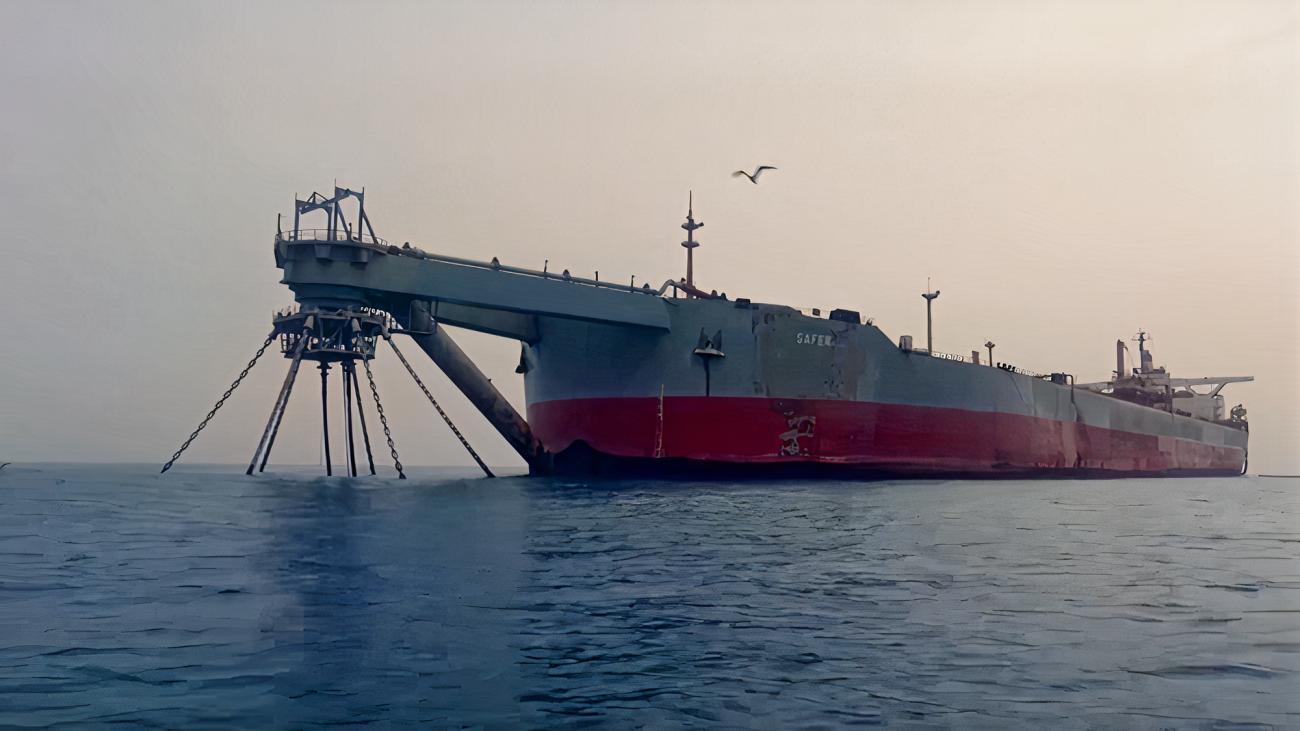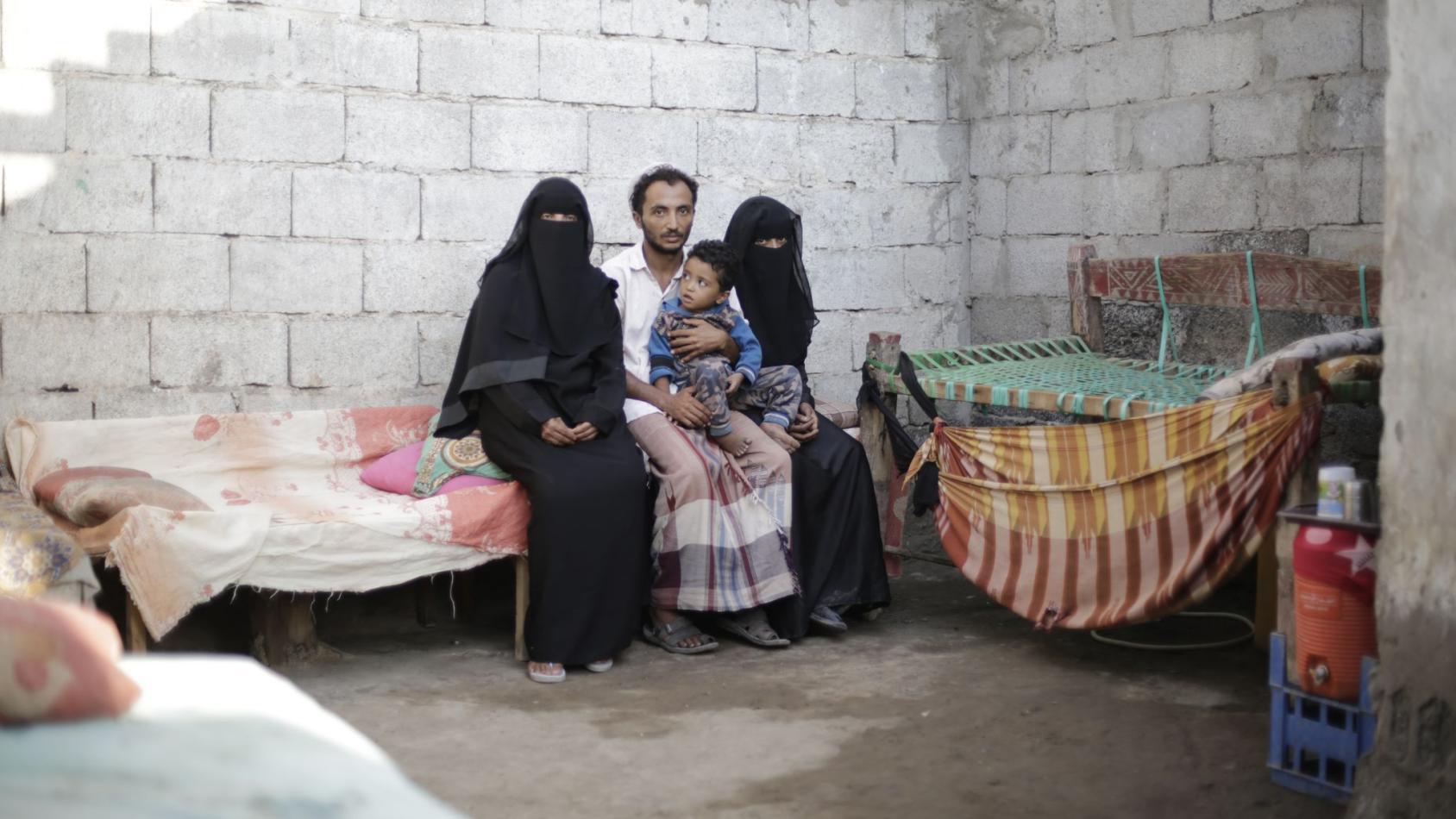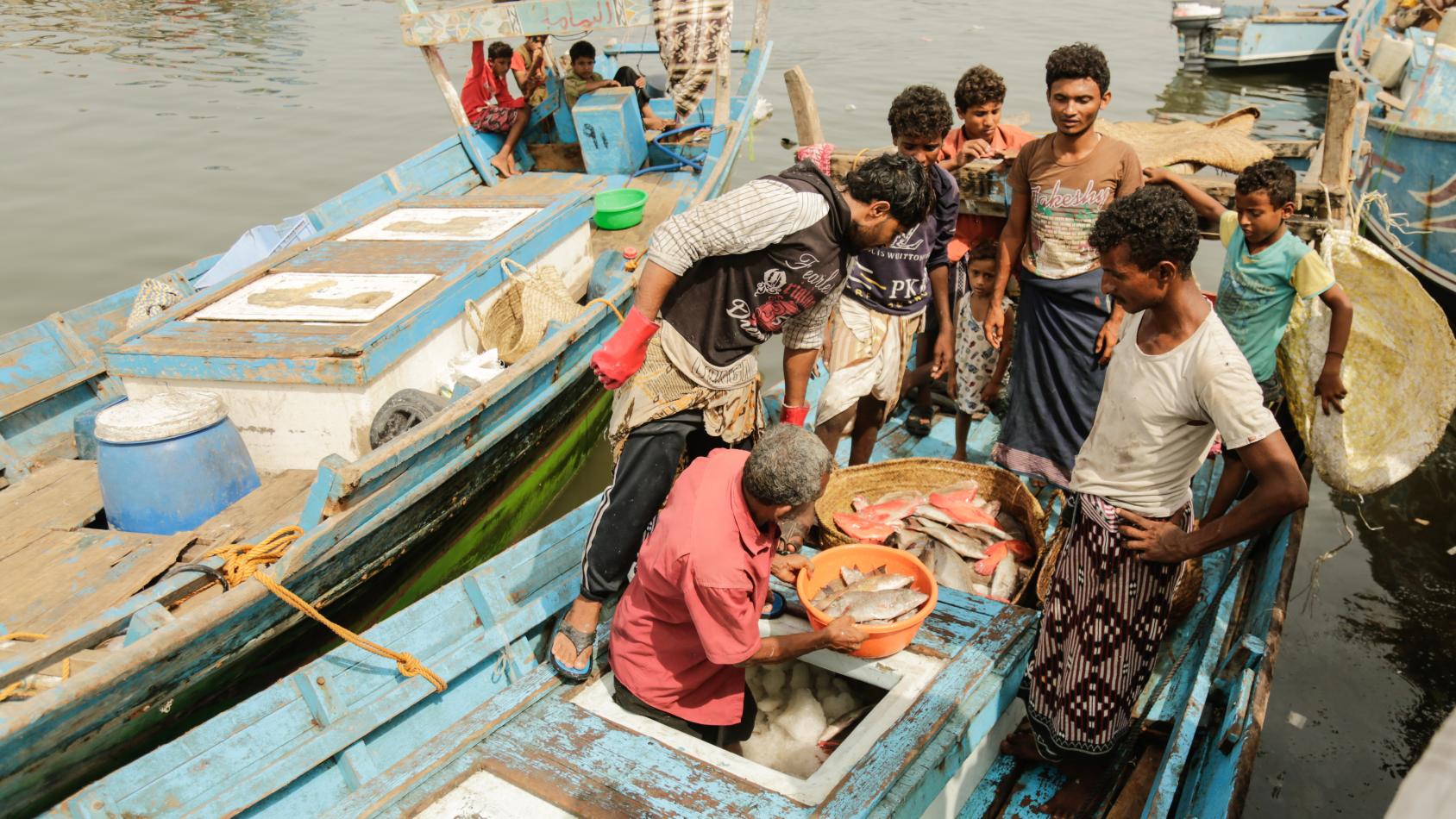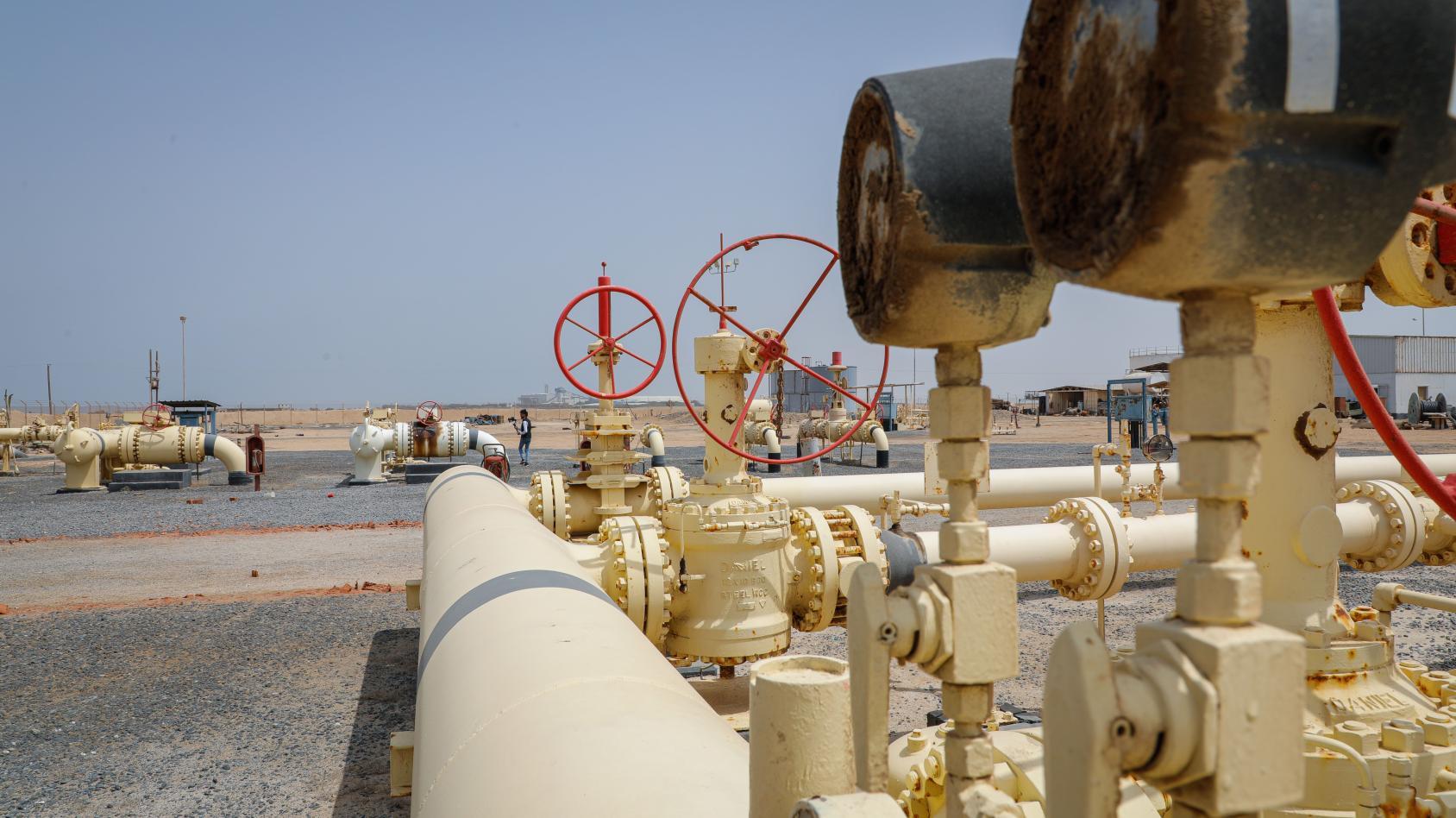UN Yemen team launches campaign to prevent catastrophic oil spill from decaying tanker in the Red Sea

With its high mountains, plentiful rainfall and lush fertile land, the Republic of Yemen in the Southern Arabian Peninsula was known in ancient times as ‘the Happy Land’, Felix Arabia in Latin.
Today, this name is increasingly harder to justify. After more than seven years of civil war, a global health emergency and a severe spike in food prices following the Russian invasion of Ukraine, levels of hunger and food insecurity have reached new highs in the once-green mountain state. The World Food Programme – the United Nation’s Food Agency – estimates that over 20 million people in Yemen are food insecure, and 161,000 are at risk of famine in the coming months.
Lives and livelihoods across the Arabian Peninsula hang in the balance. For Najeeb Salem, a 27-year-old fisherman from Al-Hodeidah Governorate along the west coast of Yemen, the combined impact of the civil war and the COVID-19 pandemic has been detrimental to his income and made it harder and harder to support his family of six. Speaking to the UN Resident Coordinator’s Office in Yemen, he explained:
"Our situation as fishermen was much better before the war. We were affected economically and psychologically by the intense terror resulting from the bombing. What made the situation worse was COVID-19, as we were obligated to limited working hours and the procedures were strict. Due to time constraints and strict procedures, we were not able to cover our daily needs."

But for Najeeb and other fishing communities along the Al-Hodeidah coast, it’s not just the pressures of war and the global pandemic that loom large. Five nautical miles off the coast of the Red Sea sits the FSO Safer: a rapidly decaying oil tanker – what David Gressly, the UN Resident and Humanitarian Coordinator for Yemen, described as a "ticking time bomb".
Originally constructed in 1976 as a supertanker and converted into a floating storage and offloading facility a decade later, the vessel holds an estimated 1.14 million barrels of light crude oil – four times the amount of the infamous Exxon Valdez oil spill in 1989.
Maintenance operations were suspended on the tanker in 2015 as the civil war escalated. Since then, the vessel has deteriorated beyond repair and is now at imminent risk of spilling millions of barrels of oil into the Red Sea and surrounding areas.
The ecological and humanitarian impact of such a spill on fishing villages like Najeeb’s would be detrimental. Mr. Gressly warned that fishing communities would bear the heaviest brunt:
“Fishing communities would be devastated with maybe as many as 200,000 jobs wiped out overnight. This industry supports over 2 million people, directly or indirectly. Whole families would be exposed to pollutants. Millions of people would be forced to breathe more polluted air.”
An oil spill would also have lasting damage on the pristine coral reefs and mangroves across the Red Sea. It could take as long as 25 years to restock the fisheries and the cost of a cleanup alone is estimated at $20 billion, the Resident Coordinator’s Office in Yemen has warned.
On top of the environmental implications, an oil spill would also force the main Ports of Hodeidah and Saleef, which supply the majority of food, fuel and commodities into Yemen, to close.

In April 2022, the UN RCO Yemen and the UN Office of Humanitarian Affairs (OCHA), with support from the Government in Aden, launched a plan to avert this major humanitarian and ecological catastrophe.
Comprising two key tracks, the UN-coordinated plan aims to install a long-term replacement vessel over the next 18 months as well as conduct an urgent four-month emergency operation to transfer the oil from the Safer to a secure temporary vessel.

The plan would go a long way to minimize the risk of a major oil spill in the Red Sea and help protect fishing communities along the Al-Hodeidah coast from years of ecological and economic damage – but it is contingent on urgent funding.
Earlier last month, the Kingdom of the Netherlands and the UN co-hosted a donor pledging event in The Hague to mobilize funding and support for the UN-coordinated plan to address the threat. So far, only $60 million of the $80 required to begin the emergency operation has been received.
Bridging this funding gap is an immediate priority, explained the UN Resident and Humanitarian Coordinator for Yemen today at the launch of a new public-facing funding appeal.
Speaking to reporters at an online briefing from the Sana’a Center today, Mr. Gressly explained that the #StopRedSeaSpill social media campaign aims to raise $5 million in public donations by the end of June, in order to start work on emergency operations at the beginning of July:
"We’re trying to get to this $80 million figure by the end of this month, it’s doable, but it’s going to take a push and that’s why we’re calling on the public to help us to cross the finish line."
The window for implementing such an operation is extremely narrow. From the end of September high winds and volatile currents would make the emergency operation more dangerous.
"Every day that goes by is another day that we take a risk, a chance that this vessel will break up and the catastrophe will unfold. There is too much at stake to let this happen."
The cost of inaction for Yemen and fishing communities along the Red Sea is high.
To protect communities like Najeeb’s from an environmental catastrophe which, as the Resident and Humanitarian Coordinator warned today "isn’t a possibility but a certainty", the UN needs urgent funding to implement its emergency plan.
For many families like Najeeb’s who live along the Al-Hodeidah coast, life is already fragile without further shocks.
“Fishing is my only source of livelihood," explained Najeeb. "If I am absent for just one day, my family will not be able to eat, not even one meal."
This news story was prepared by the UN Development Coordination Office (DCO), drawing from a previous story written in Arabic by Sabrin Al-Aghbari, Communications and Advocacy Officer in the Office of the UN Resident Coordinator (RCO) in Yemen.
To learn more about the UN's work in Yemen, please visit: Yemen.UN.org.
You can also learn more about the FSO-Safer campaign, including how to donate, here.













